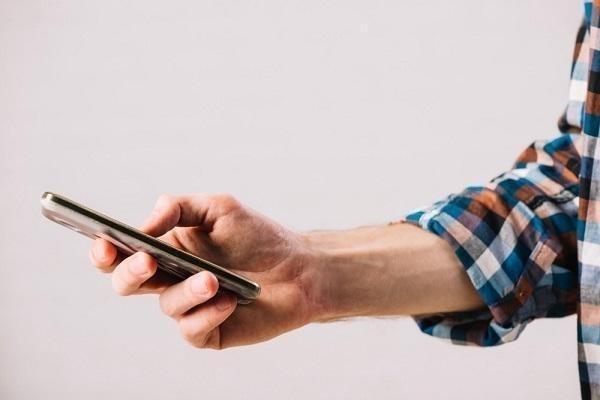
Office of Inspector General Supports Allowing Drug Manufacturers Loaning Mobile Devices to Patients
In Opinion 19-02, the Office of Inspector General declares its support for allowing drug manufacturers to temporarily loan smartphones to low-income patients who are prescribed antipsychotic digital medications. A sensor is embedded in the medication and, once taken, transmits a signal to a patch worn by the patient. The patch records the ingestion of medication, rest, and activity levels and uploads the data to a smartphone app via Bluetooth. The patient has the ability to add more detailed information (moods, sleep quality) to the app, and then the app syncs with secure, cloud-based data banks.
Loaner cellphones are older versions of devices that contain only the app and voice service (so that the patient can communicate with their health care provider). No other apps can be accessed or added to phones. This program is not an advertised service - healthcare providers must request that certain individuals be approved for a device. These individuals may not already possess a device capable of running the app. They must have a prescription for the product, meet prior authorization guidelines, be a US citizen, and have an annual income below a percentage of the federal poverty level. The maximum loan time would be two 12-week periods, and if the phone is not returned (or is lost or stolen), it will be remotely disabled.
The OIG analyzed potential beneficiary inducements for civil monetary penalties and for anti-kickback statutes. While the smartphone will have independent monetary value to the patient, the program contains sufficient safeguards by limiting both technology and the length of the loan. Furthermore, the restrictions of the program would be unlikely to interfere with clinical decision-making or increase costs to federal health care programs.
Opinion 19-02 provides a broader interpretation of the "Promotes Access to Care" exception for benefits and opens the discussion for the provision of technological devices as a part of patient care.
Read the full OIG Opinion 19-02 here.
Testimonials
Bridgette Nalumu
Public health consultant, Green and Purple Consultancy Network
Lora Verley
Clinical Therapist, Bayless Integrated Healthcare
Jackie Tanna
Therapist, Region One Mental Health
Jackie Bell-Russell
Therapeutic Behavioral Strategist, Rialto Unified School District